Country Life Today: The nation remembers
In today's round-up, we mark the Remembrance Sunday commemorations, look at how climate change is making it easier for a deadly virus to spread among sea mammals and find out about a special Santa's grotto for pooches.
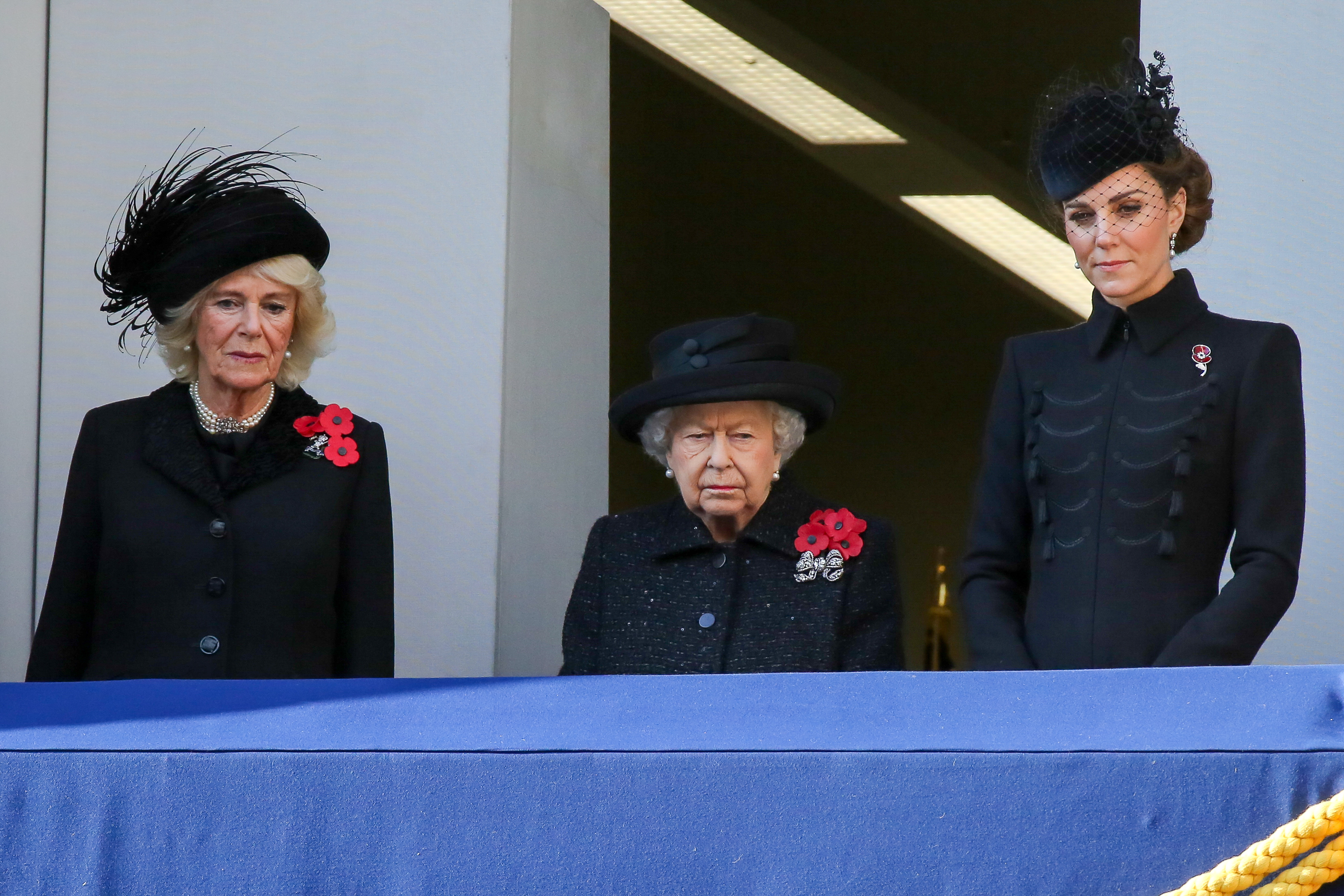

A nation remembers
Prince Charles, Prince William and Prince Harry laid wreaths at the Cenotaph during Remembrance Sunday, paying tribute to the armed forces and the civilians who served the country during the wars, while The Queen watched from a balcony, along with the Duchess of Cornwall and the Duchess of Cambridge. An equerry also laid a wreath on behalf of the Duke of Edinburgh.
Hundreds of veterans, six Prime Ministers—both current and former—senior politicians and a number of foreign dignitaries attended the event, including the ambassador of Nepal, who, for the first time, laid a wreath to mark the service of Gurkha regiments. The ceremony moved The Queen so much that she was spotted surreptitiously wiping away a tear.
Full story (The Telegraph, registration required)
Go carbon-neutral earlier, public tells politicians
The majority of British voters would like the UK to achieve net-zero emissions 20 years ahead of the Government's deadline.
A survey carried out by YouGov at the end of October found that 56% of the respondents would like to see net emission brought to zero by 2030, against the current target of 2050. Results changed a little depending on party affiliation, age and gender, with the consensus for an earlier deadline appearing to be solid across the board.
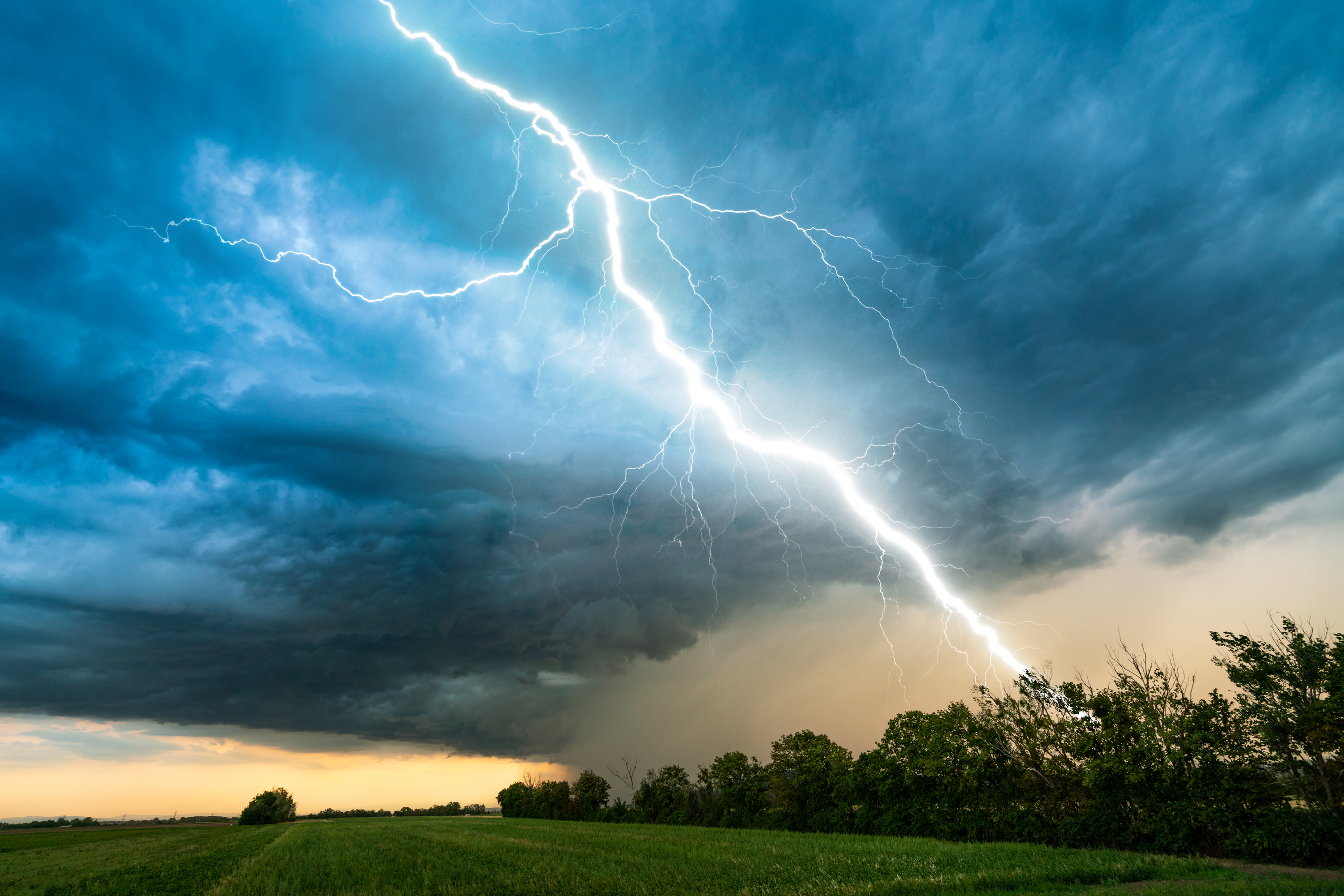
This has encouraged campaigners to renew calls for all parties to put the climate and the environmental crisis at the heart of their manifestos.
Sign up for the Country Life Newsletter
Exquisite houses, the beauty of Nature, and how to get the most from your life, straight to your inbox.
Marine mammals face fresh risk of deadly virus
The ice melts caused by climate change are allowing a 'devastating' virus to spread among sea creatures, according to scientists. Animals like seals, otters and sea lions are increasingly at risk of contracting Phocine distemper virus, also known as Phocine morbillivirus, which can be fatal to them.
"The loss of sea ice is leading marine wildlife to seek and forage in new habitats, allowing for new pathways for them to move," explained Dr Tracey Goldstein, from the University of California, who is one of the study’s authors.
"As animals move and come in contact with other species, they carry opportunities to introduce and transmit new infectious disease, with potentially devastating impacts."
Is this the end of the line for turtle doves?
Numbers of the iconic bird have halved in the five years to the end of 2017, according to a new report by DEFRA. Habitat loss both in the UK and in the doves’ wintering grounds in Africa, and shooting along the birds’ migratory route have taken their toll. Only 1,000 breeding pairs are now thought to be left in the UK, putting the species at risk of extinction.
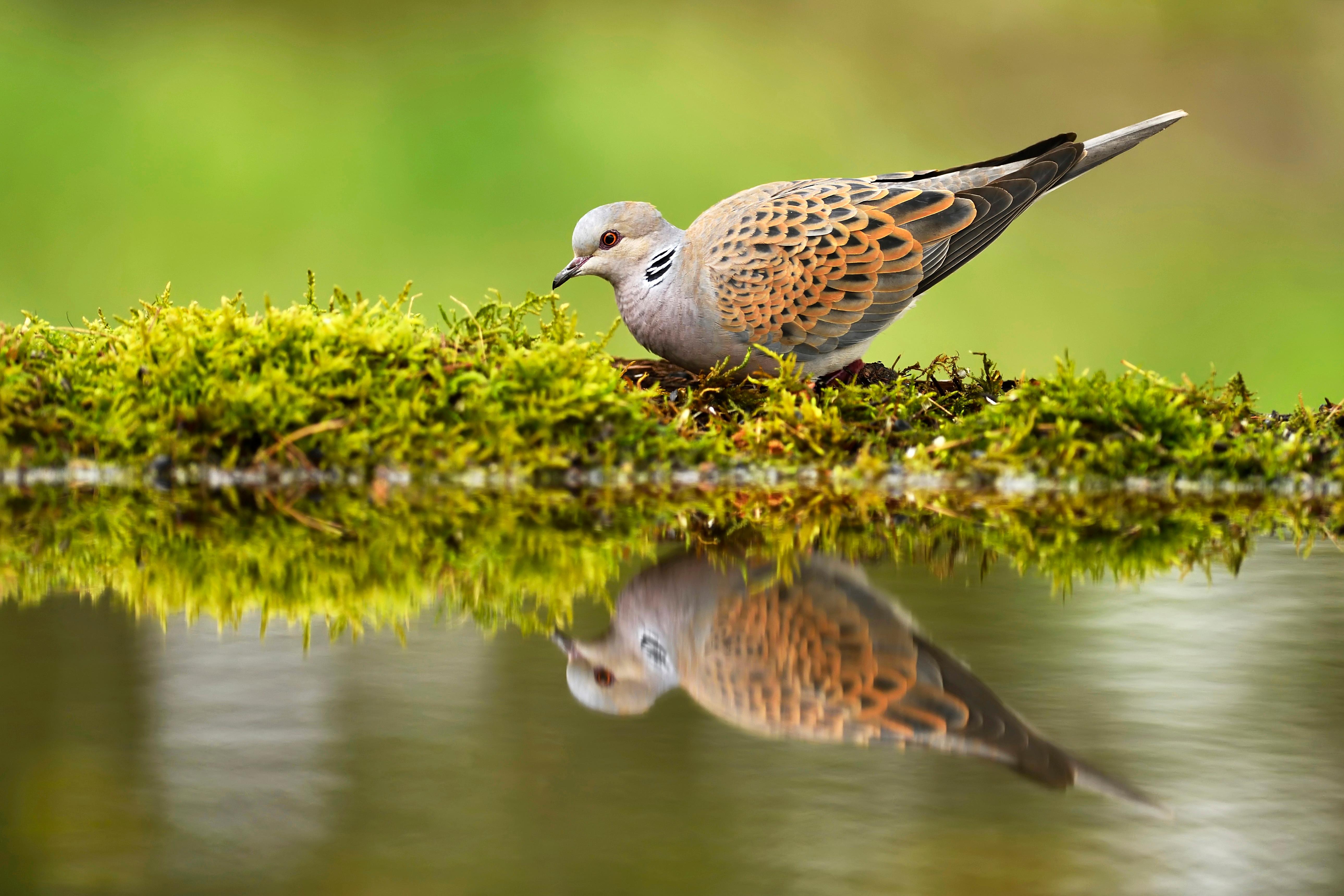
The RSPB is asking farmers to help stem the decline by helping ensure the doves have continuous access to seed and grain food during the breeding season, and to tall, mature hedgerows and areas of scrubland where they can nest.
On this day...
Countries across the Commonwealth commemorate soldiers who fell in the line of duty. The first Remembrance Day—then called Armistice Day—was hosted by King George V on the grounds of Buckingham Palace exactly 100 years ago to mark the armistice that had been signed a year earlier between the many countries that belonged to the World War I Entente, including the UK and France, and Germany.
The celebration then evolved over time to remember those who died in service in other wars but the tradition to observe two minutes of silence on the 11th hour of the 11th day of the 11th month dates back to the 1918 armistice, because that was the time in which the hostilities officially stopped and guns fell silent across Europe.
Fly-tipping is blighting England and organised crime is behind it
The rise in illegal dumping is affecting farmers and landowners, who have to bear the costs of removing fly-tipped waste as well as dealing with the health and environmental hazards it poses.
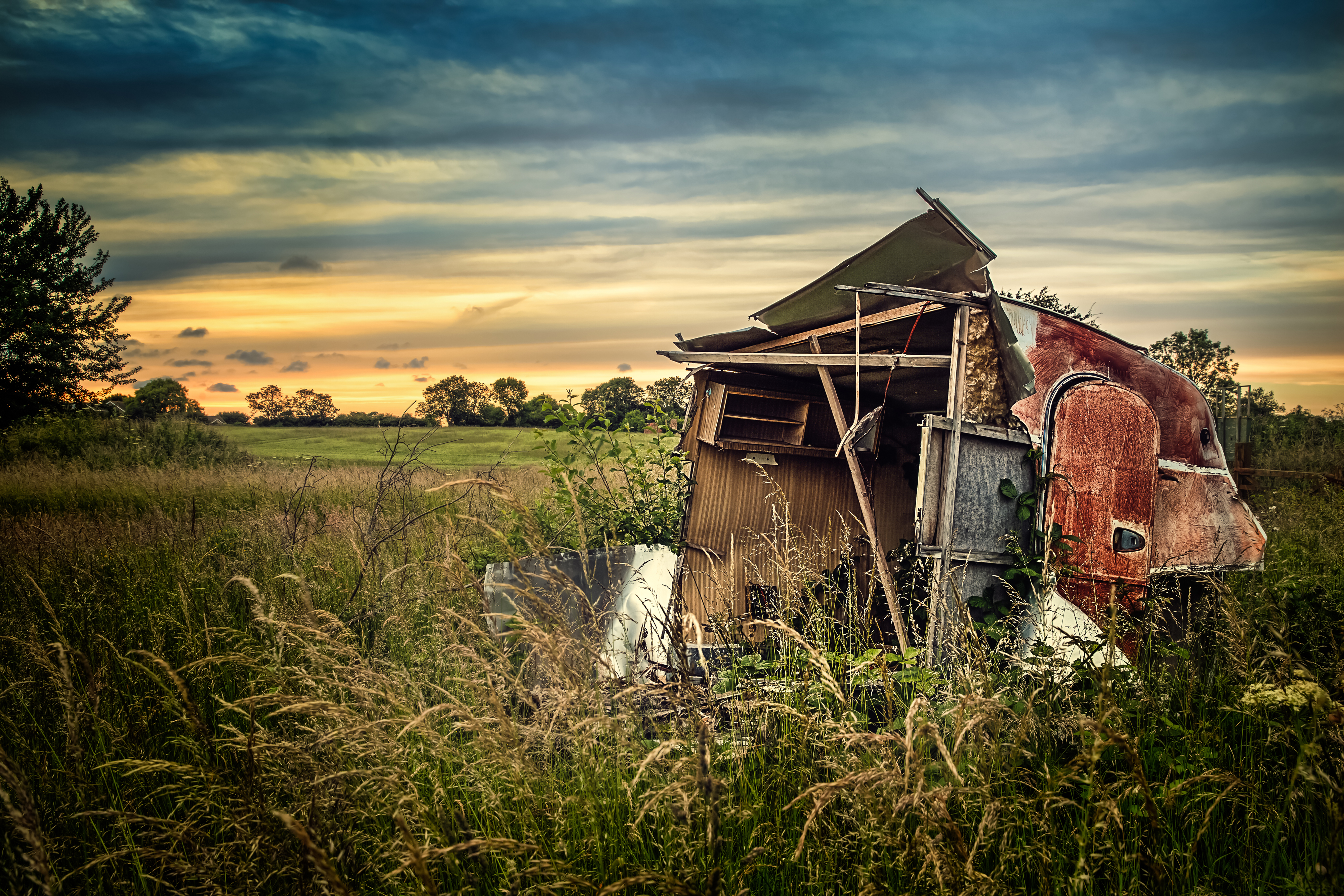
Fly-tipping, warn countryside organisations, has not just become a more frequent occurrence — it now affects two third of all farmers, according to the NFU — but it has also changed in nature, with criminal gangs now running illegal dumping operations.
And finally... Santa Paws is coming to town
Pooches in Norwich are in luck. Santa is organising a special grotto for dogs, where they can look forward to meeting Father Christmas' very own pet and take picture with him. The event, now at its sixth edition, helps raise money for animal charities.
Full story (Eastern Daily Press)
Carla must be the only Italian that finds the English weather more congenial than her native country’s sunshine. An antique herself, she became Country Life’s Arts & Antiques editor in 2023 having previously covered, as a freelance journalist, heritage, conservation, history and property stories, for which she won a couple of awards. Her musical taste has never evolved past Puccini and she spends most of her time immersed in any century before the 20th.
-
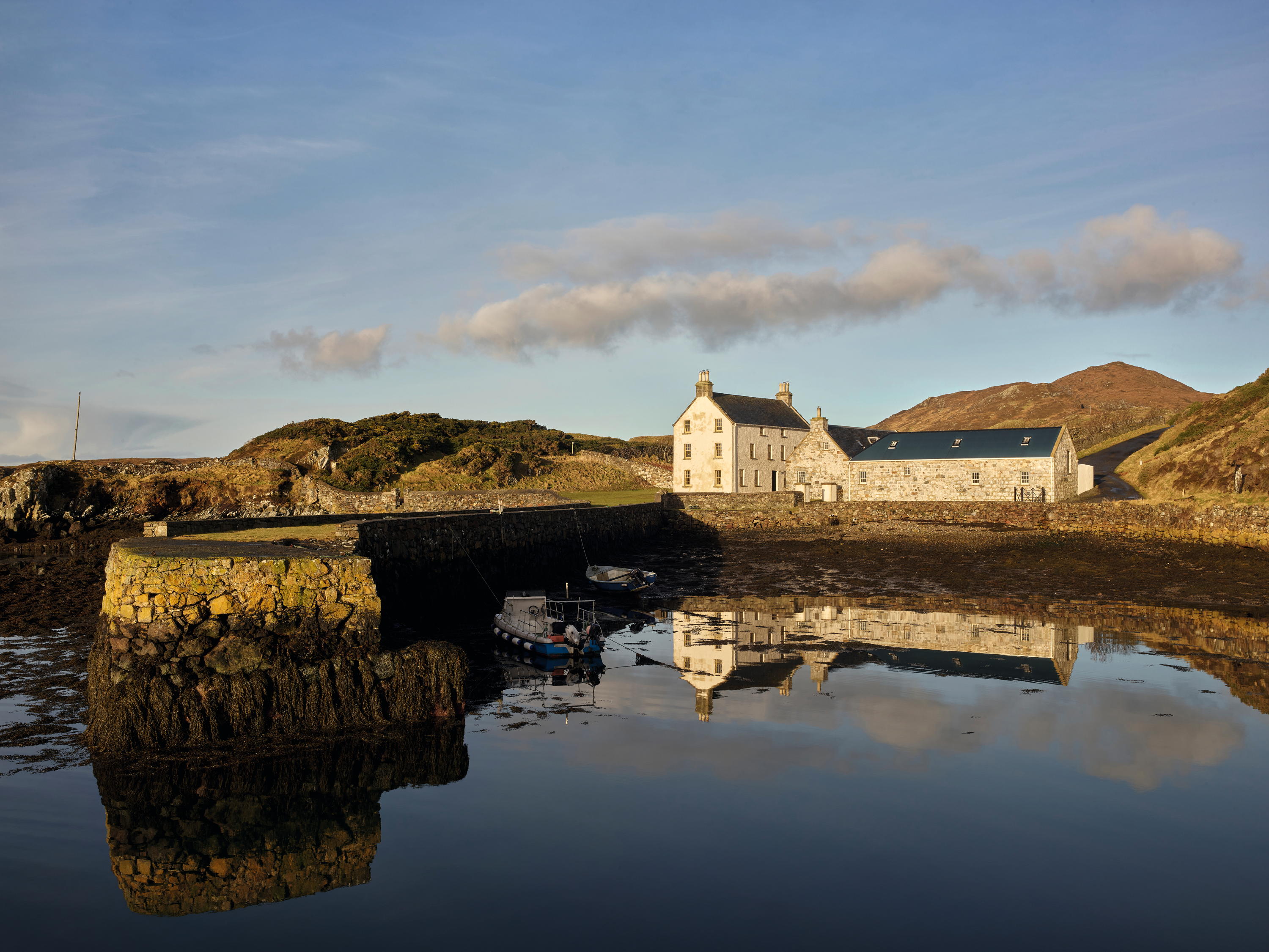 Rodel House: The Georgian marvel in the heart of the Outer Hebrides
Rodel House: The Georgian marvel in the heart of the Outer HebridesAn improving landlord in the Outer Hebrides created a remote Georgian house that has just undergone a stylish, but unpretentious remodelling, as Mary Miers reports. Photographs by Paul Highnam for Country Life.
By Mary Miers
-
 380 acres and 90 bedrooms on the £25m private island being sold by one of Britain's top music producers
380 acres and 90 bedrooms on the £25m private island being sold by one of Britain's top music producersStormzy, Rihanna and the Rolling Stones are just a part of the story at Osea Island, a dot on the map in the seas off Essex.
By Lotte Brundle
-
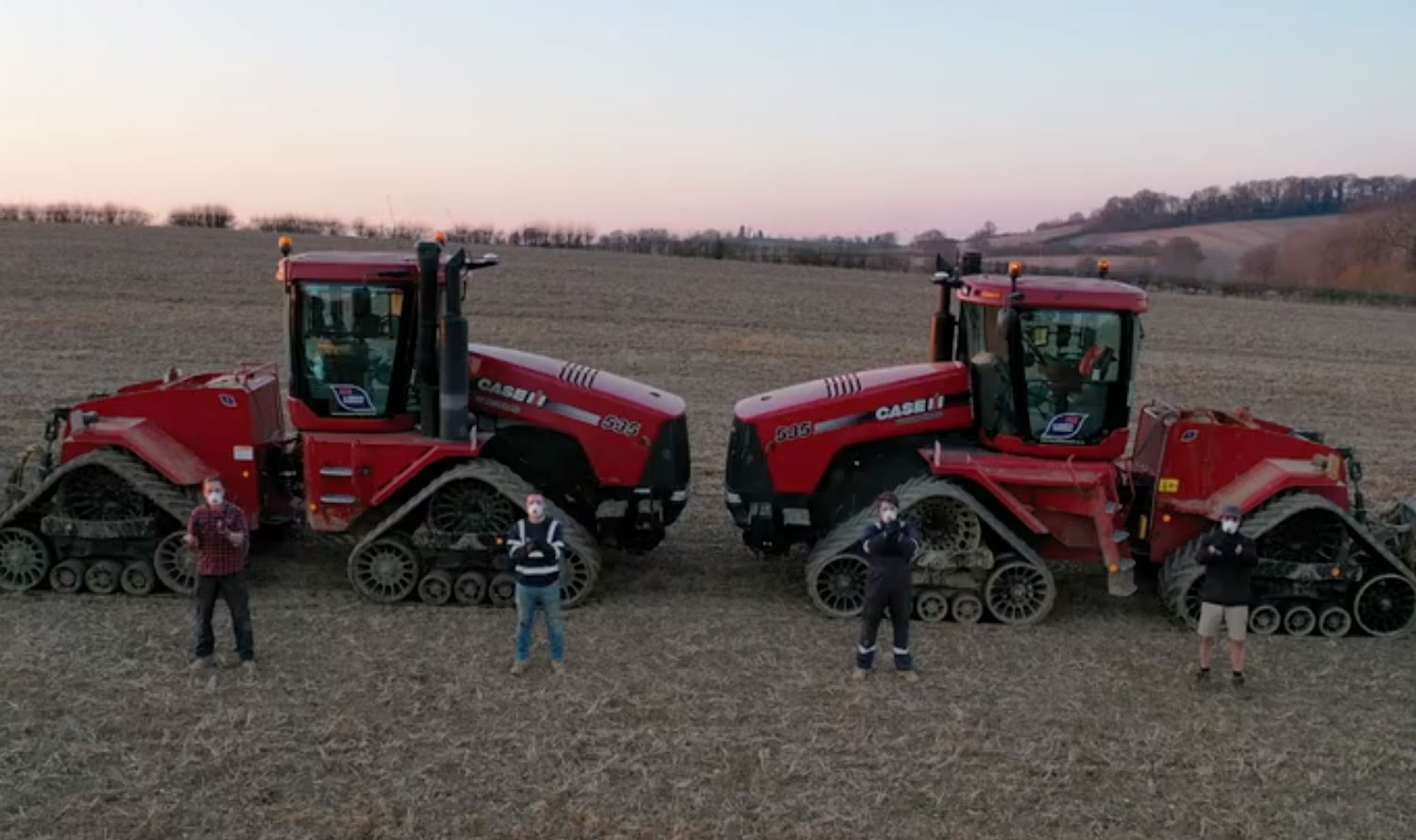 The brilliant tractor tribute to the NHS from a group of Warwickshire farmers
The brilliant tractor tribute to the NHS from a group of Warwickshire farmersPeople around Britain have been paying tribute to the efforts of our NHS workers at the time of the coronavirus pandemic — but few have been as creative and clever as this one.
By Toby Keel
-
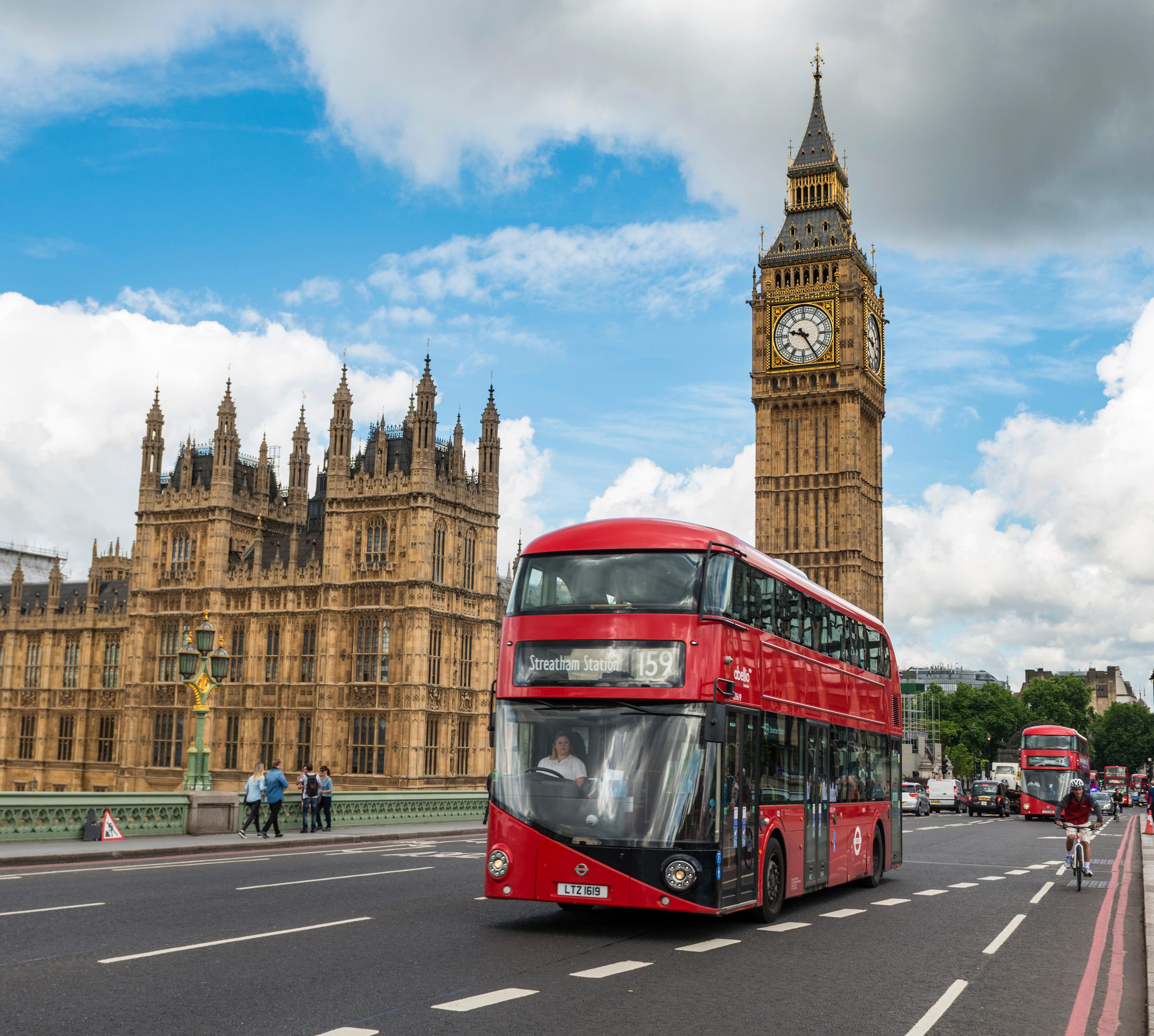 London's iconic red bus at risk and 6,000 year old chewing gum gives clues into our DNA history
London's iconic red bus at risk and 6,000 year old chewing gum gives clues into our DNA historyCuts to industry subsidies and an increase in fares has left bus use at its lowest point ever, while DNA extracted from ancient 'chewing gum' allows scientists to decipher the genetic code of a Stone Age woman.
By Alexandra Fraser
-
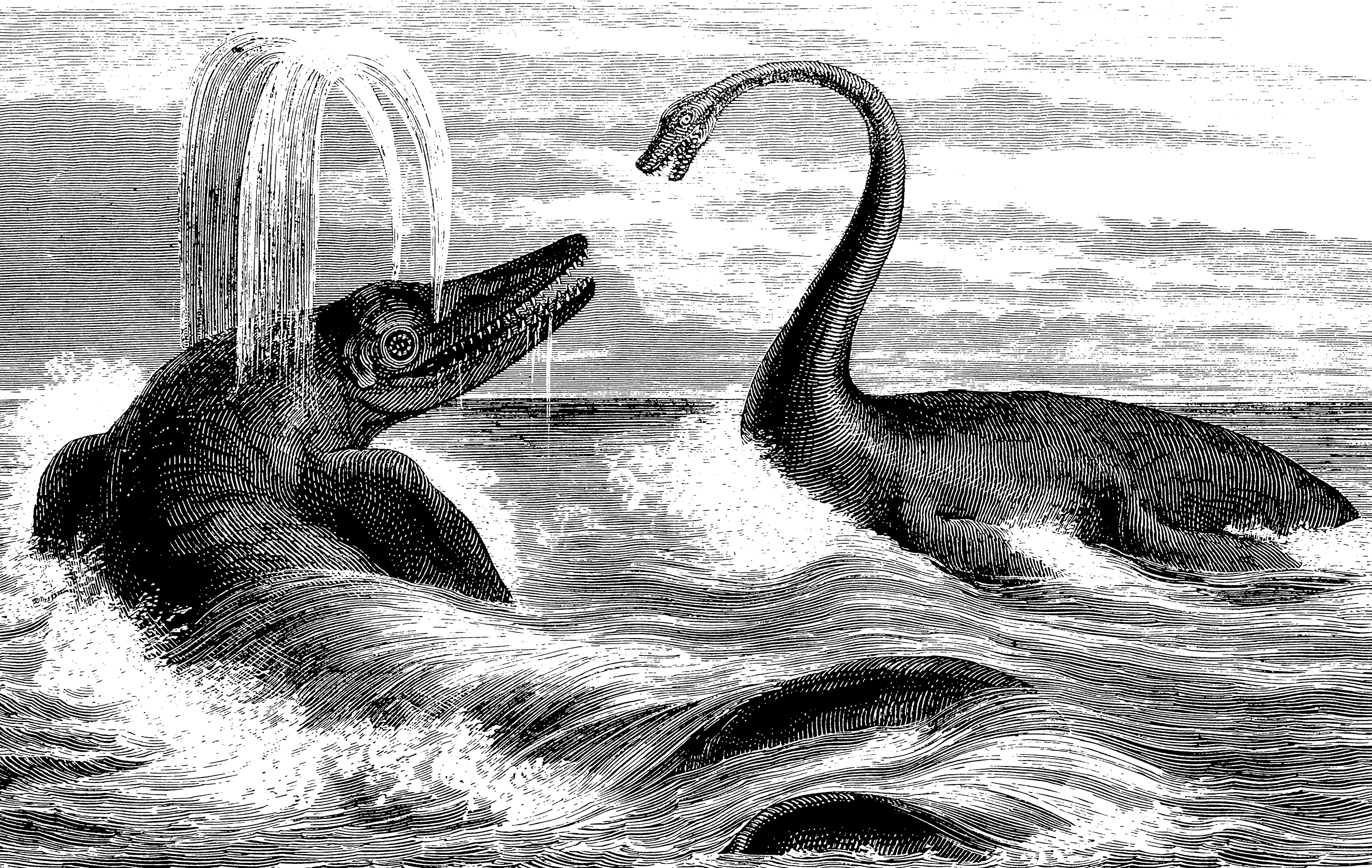 90-million-year-old 'swimming dinosaur' skeleton found by dogs out walking in Somerset, and the nonchalant moths who don't bother fleeing enemies
90-million-year-old 'swimming dinosaur' skeleton found by dogs out walking in Somerset, and the nonchalant moths who don't bother fleeing enemiesA superbly intact dinosaur skeleton — described as being 'museum quality' — has been discovered on a beach in Somerset.
By Toby Keel
-
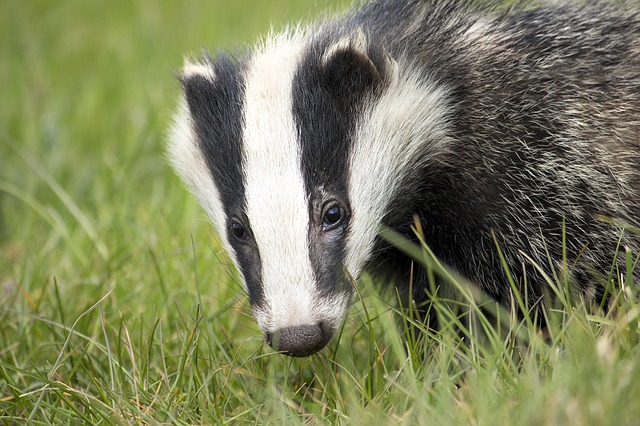 Battle to ban 4x4s from the idyllic Lake District spot bequeathed by Beatrix Potter, eagle fights octopus and the 'snail's pace' climate talks
Battle to ban 4x4s from the idyllic Lake District spot bequeathed by Beatrix Potter, eagle fights octopus and the 'snail's pace' climate talksThis morning we look at Little Langdale's fight for peace, reflect on the climate change talks in Madrid and discover the soundtrack for Brexit.
By Toby Keel
-
 Country Life Today: How Greta Thunberg shifted the dial on climate change — and the backlash shows just how much
Country Life Today: How Greta Thunberg shifted the dial on climate change — and the backlash shows just how muchThis morning we ponder whether Greta Thunberg is the Joan of Arc for the environmental movement, look at a key election — one from 19 years ago — and ponder the marvel of 'dad tidying'.
By Toby Keel
-
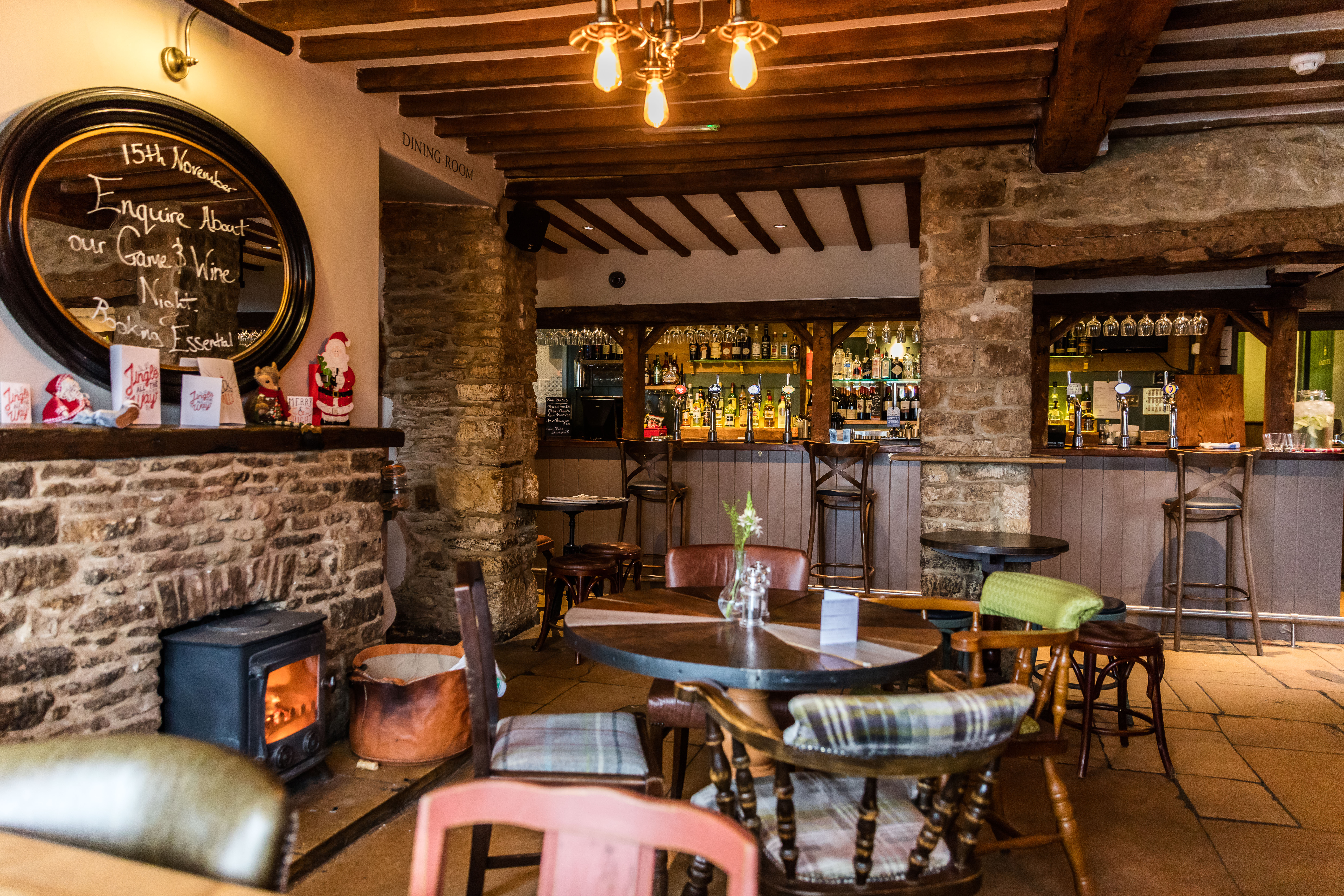 Country Life Today: Great news for those who love our great country pubs — the years of decline are over
Country Life Today: Great news for those who love our great country pubs — the years of decline are overThere is a great sign of health in the pub industry, we look back at Edward VIII's abdication message and fret about Greenland's melting ice.
By Toby Keel
-
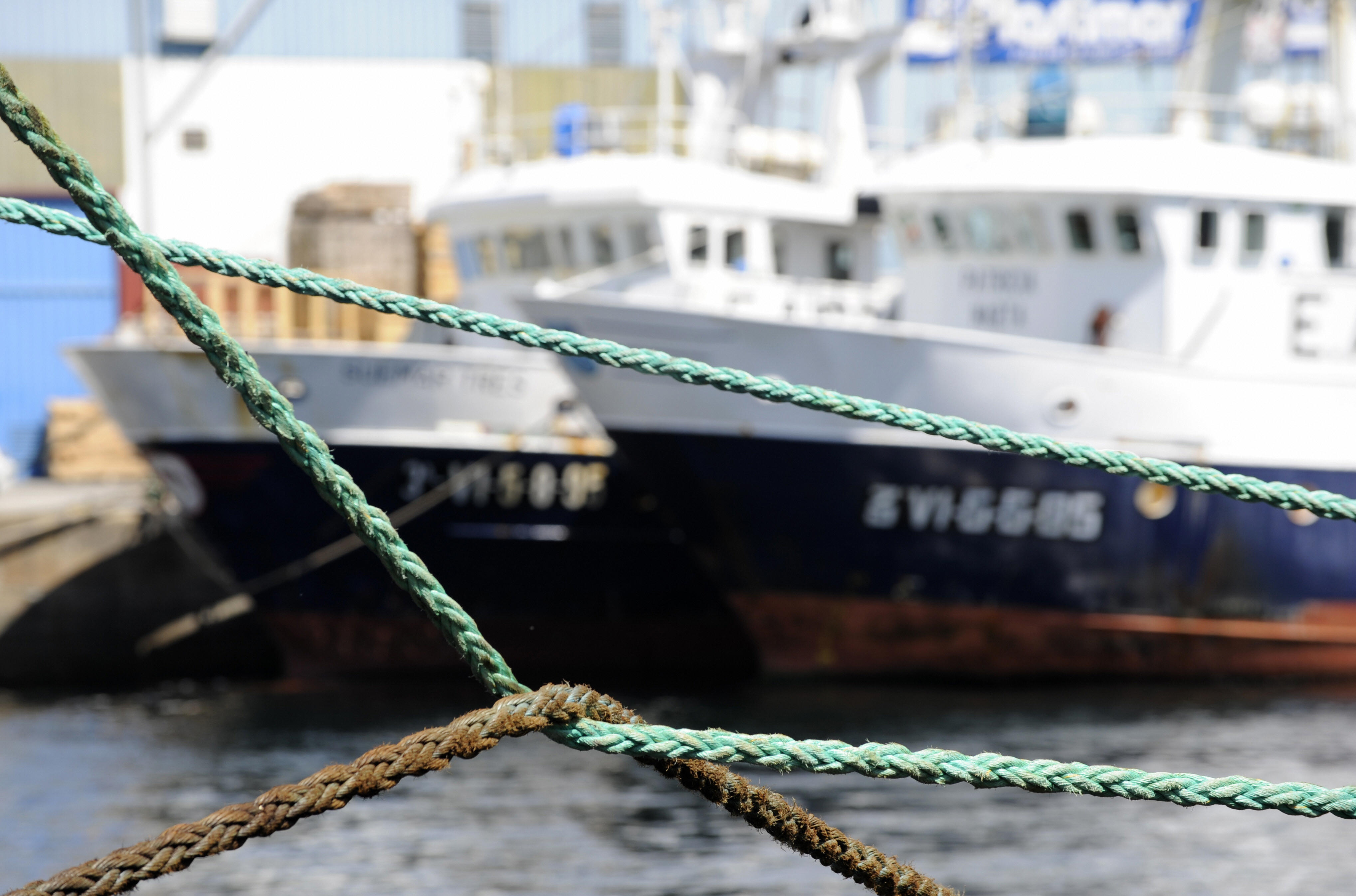 Country Life Today: Spain accused of being 'a deplorable choice' for UN climate conference
Country Life Today: Spain accused of being 'a deplorable choice' for UN climate conferenceA no-holds-barred assault on the Spanish fishing industry, Banksy raising awareness of the homeless and the woes of the Christmas jumper are in today's news round-up.
By Carla Passino
-
 Country Life Today: 'This is perhaps the ultimate wake-up call from the uncontrolled experiment humanity is unleashing on the world’s oceans'
Country Life Today: 'This is perhaps the ultimate wake-up call from the uncontrolled experiment humanity is unleashing on the world’s oceans'In today's round up, we examine why oxygen loss is putting oceans at risk, discover that action to cut air pollution brings almost immediate benefits to human health and find out which bird's arrival marks the start of winter in Gloucestershire.
By Carla Passino